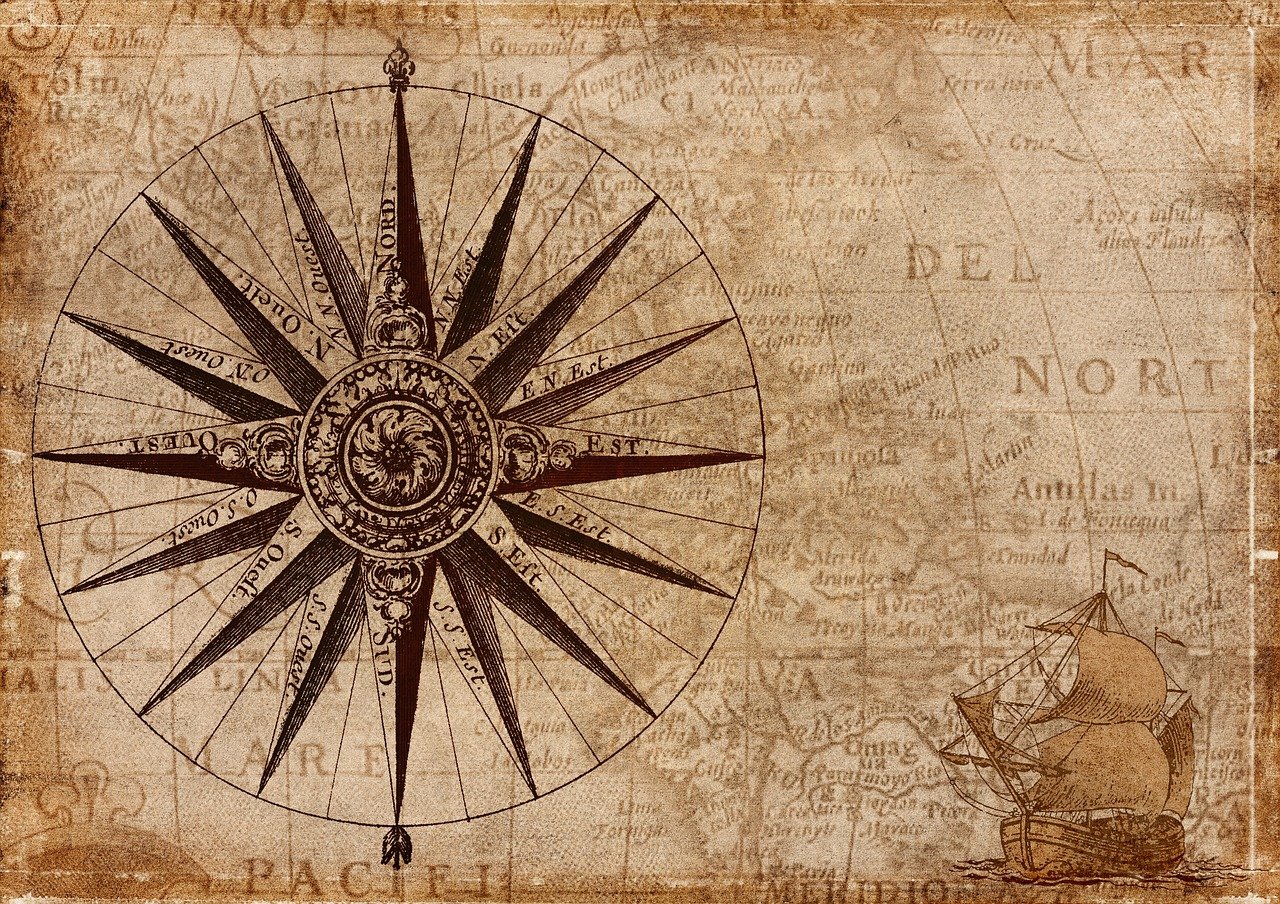The Concept of Free Will
The concept of free will has been a central subject in philosophy, religion, and science for millennia, concerning the extent to which individuals have the capacity to make choices uninfluenced by external determinants. In ancient philosophy, thinkers like Aristotle pondered the nature of human agency, suggesting that people can act according to rational deliberation. Stoic philosophers, however, introduced ideas of determinism, proposing that all events are the result of preceding causes.
In religious contexts, especially within Christianity, free will became pivotal in discussions about sin, salvation, and divine omniscience. Augustine of Hippo in the 4th century grappled with reconciling human free will with God’s foreknowledge, influencing theological debates for centuries. Medieval philosophers like Thomas Aquinas further explored these themes, attempting to harmonize Aristotelian philosophy with Christian doctrine.
The Enlightenment era brought renewed focus on free will through the lens of reason and humanism. Immanuel Kant argued that moral responsibility presupposes free will, positing that individuals are autonomous agents capable of making ethical decisions. In contrast, determinists like Baruch Spinoza contended that free will is an illusion, as all actions are determined by prior causes and natural laws.
The 19th and 20th centuries saw the debate expand into psychology and neuroscience. Sigmund Freud introduced the idea that unconscious impulses influence behavior, challenging notions of conscious free will. Experiments by neuroscientists like Benjamin Libet suggested that neural activity precedes conscious decision-making, sparking debates about the neurological basis of free will. Some interpreted these findings as evidence against free will, while others argued for a compatibilist view, where free will and determinism coexist.
In contemporary discourse, the advent of quantum mechanics and chaos theory introduced new dimensions to the debate. Some theorists propose that indeterminacy at the quantum level could allow for free will, though this remains contentious. Additionally, discussions have extended to artificial intelligence and machine learning, questioning whether autonomous systems can possess a form of free will or moral agency.
As of the early 21st century, the concept of free will remains a complex and debated topic. Interdisciplinary approaches continue to explore its implications for ethics, law, and society, reflecting its enduring significance in understanding human nature and responsibility.
Weekly Popular
Newsletter
Subscribe to our newsletter to stay up-to-date on our latest news and announcements.






